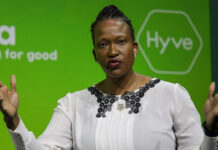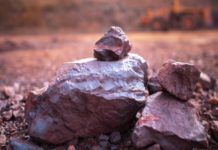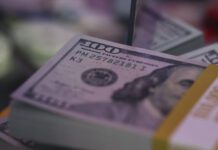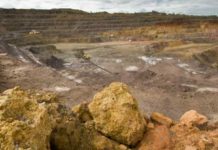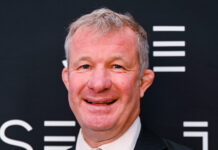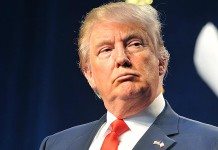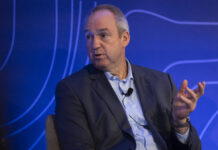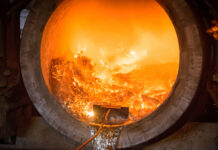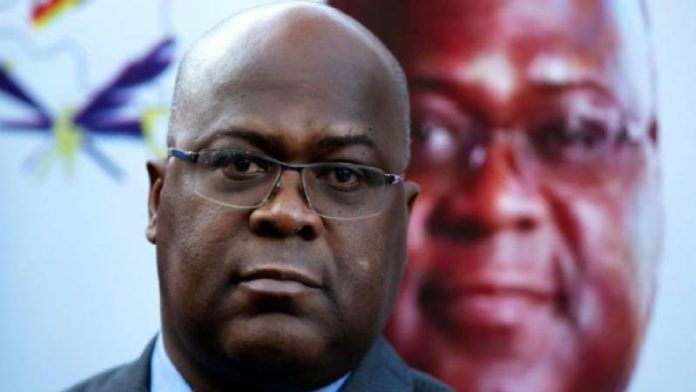
TWO major developments in the Democratic Republic of Congo have been largely obscured as global attention focuses on conflict in the Middle East, said Bloomberg News on Tuesday.
On Saturday, authorities in the central African nation sent the cobalt price soaring when they announced a three-month extension of a ban on exports of the key battery mineral. The government is meanwhile on the verge of signing a US-brokered accord with Rwanda that aims to end decades of fighting and fire up the regional mining industry.
President Felix Tshisekedi, who has held power through an occupation of mineral-rich eastern Congo by Rwandan-backed M23 rebels, is banking on the shipments ban shoring up state coffers and the truce spurring an influx of foreign capital.
The peace treaty is due to be signed in Washington on Friday at a ceremony overseen by Secretary of State Marco Rubio, who envisions investment flowing into the region once the fighting ends. There’s talk of joint mining deals and infrastructure projects that would benefit all three nations, said the newswire.
Rwanda seems to be playing along for now, but distrust between the two long-standing foes runs deep and there’s scant sign of animosity easing on the ground.
Whilst Tshisekedi hopes that giving US businesses skin in the game will keep the Trump administration engaged, convincing Western companies to pump money into one of the world’s most volatile zones will be a tough ask.
There’s also no guarantee Congo’s bid to exert dominance over the cobalt market will pan out as planned. The government has yet to come up with a policy that will ensure it derives greater benefit from the nation’s cobalt deposits once exports resume. There’s also the risk that battery makers will stop using the mineral altogether if prices remain high.
Congo may have indeed reached an inflection point, but a precarious path lies ahead, the news agency added.


